1511.jpg)
Courses
Eligibility-: Passed 10+2 examination with Physics and Mathematics as compulsory subjects along with Chemistry / Computer Science. With at least 50% marks in the above subjects, taken together and 50% marks overall
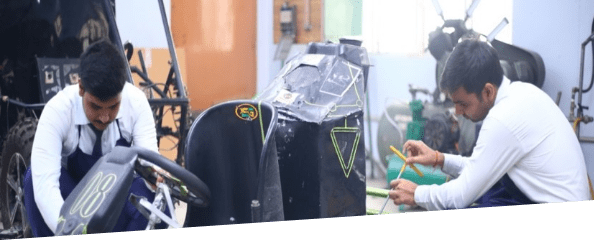
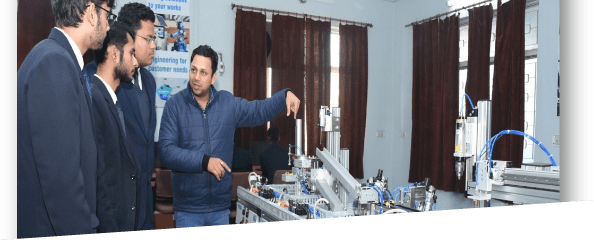

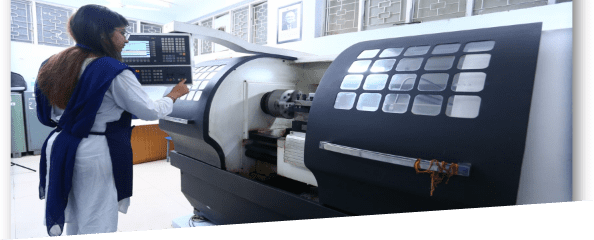
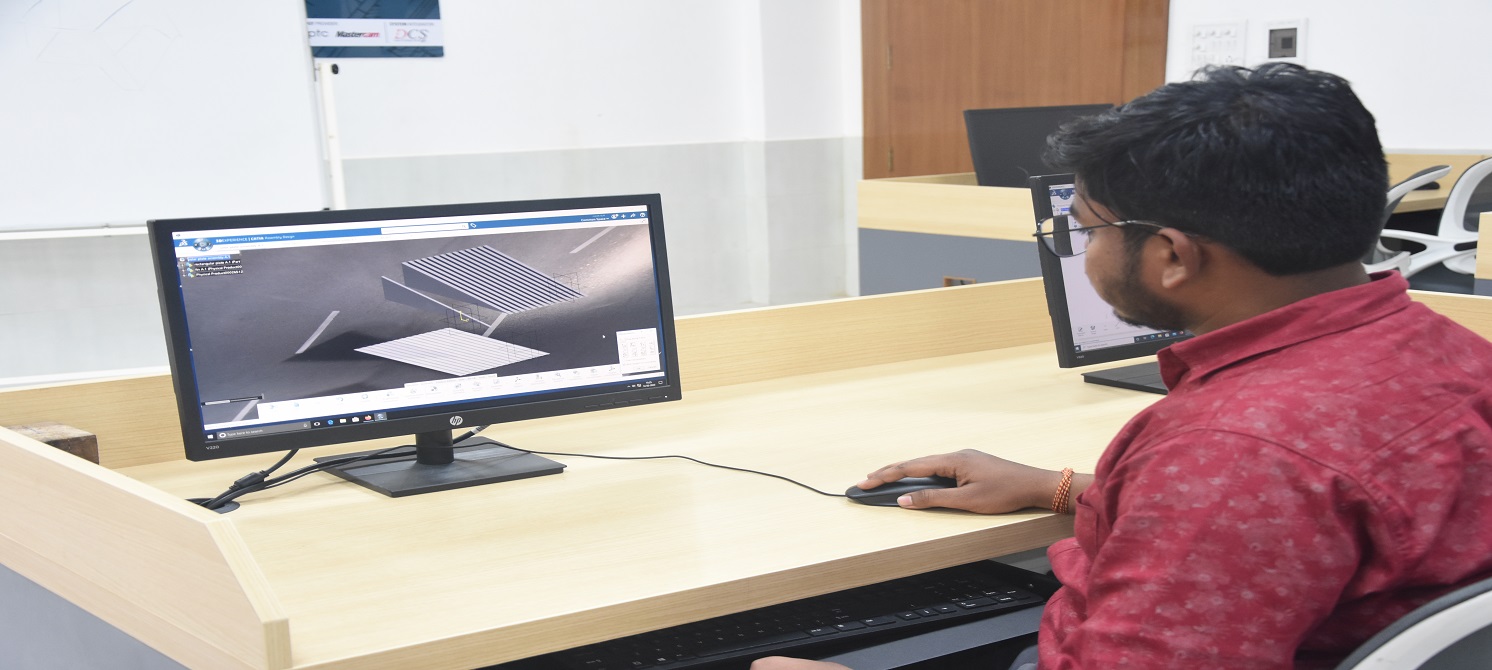
Eligibility-: With at least 50% in 3 years Diploma recognized by Board of Technical EducationUniversity in corresponding branch of Engineering Or B Sc (PCM) and B.Tech first year with minimum 60% marks.
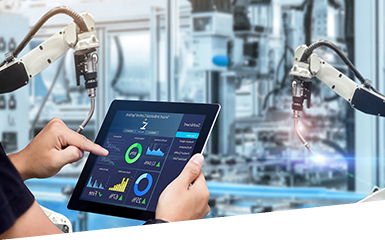
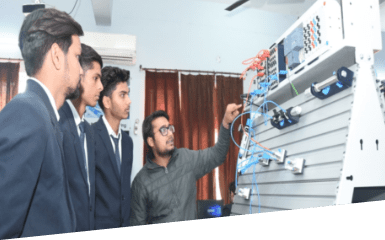
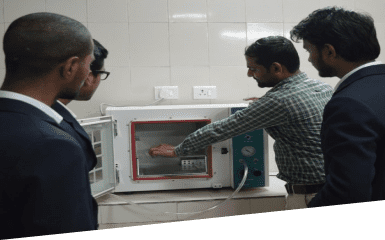
Eligibility-: First Division in B Tech in the relevant branch
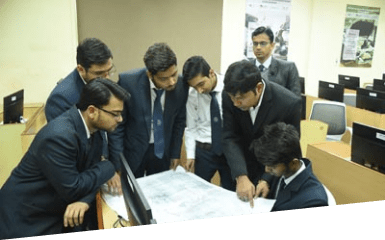
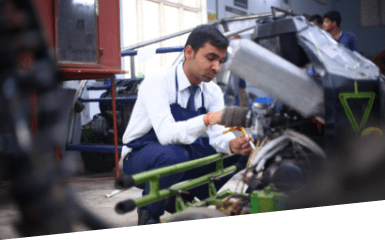
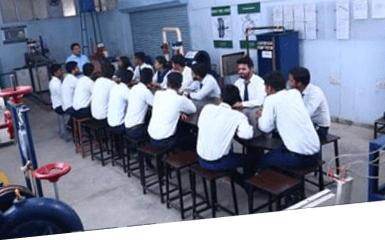

Eligibility-: First Division in M. Tech in the relevant branch
2.png)
Designing, manufacturing, testing, operating and maintaining systems in the field of Mechanical Engineering and allied Engineering Industries.
.png)
Provide solutions to socially relevant issues by making cost effective environment friendly devices and pursue higher education and research.
.png)
Work effectively as individuals and as team members in multidisciplinary projects.
.png)
Engage in lifelong learning, career enhancement and adopt to changing professional and societal needs.
2.png)
Design and develop the model & systems prototype related to thermal energy system.
2.png)
Develop efficient cost-effective lean manufacturing systems using smart manufacturing techniques, automation and minimize wastage thus strengthen eco-sustainability.1
.png)
Pursue higher research in advanced materials development and characterization. They can pursue their career in industry, R&D laboratories and serve the nation and society.
.png)
Ability to apply knowledge of basic sciences, knowledge of mathematics and engineering fundamentals to the solution of complex Production and Industrial Engineering problems.
.png)
Identify, formulate, research literature and analyze complex Production, thermal, materials and Industrial Engineering problems reaching substantiated conclusions using first principles of mathematics, natural sciences and engineering sciences.
.png)
Design solutions for complex engineering problems and design system components or processes that meet the specified needs with appropriate consideration for the public health and safety, and the cultural, societal, and environmental considerations.
.png)
Ability to investigate simple and complex thermal, materials and Production Engineering problems using research-based knowledge and research methods including analysis, interpretation of data and synthesis of information to provide valid and logical concl
.png)
To use various tools, soft skills to develop models and simulation, which can be applied in wide ranging of problems related to solar energy systems design and analysis, materials modeling and production engineering?
.png)
Ability to apply contextual knowledge and acquired experience to assess socio-economic, agricultural problems, ethical and environmental issues of masses. Engineers can provide solution in terms of services, engineering and technological solutions.
.png)
Understand impact of industrial production, technological hazards and engineering activities on environment. They will ready to work with harmony with nature and develop synergistic solution.
.png)
Apply ethics in every activity. Between industry and society, industry and environment and ethical need of production.
11.png)
To work with full dedication, working as individual, as a member in a team or imparting leadership as a participant in a team.
.png)
Communicate effectively, regarding dissipation of knowledge from industry to society, from authority to workers and end users.
.png)
Demonstrate knowledge and skill to manage projects related to thermal, production and materials engineering. Ability to write structured projects to national and international funding agencies for multidisciplinary research.
.png)
Recognize the need for further acquisition of knowledge and refinement of skill to update for dynamic changes in society and industry. Pursue for higher education and research